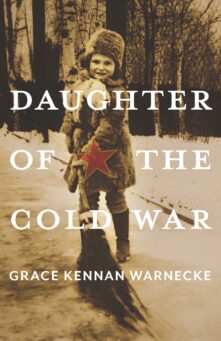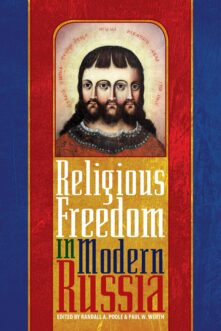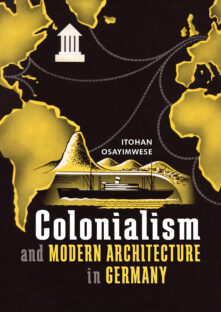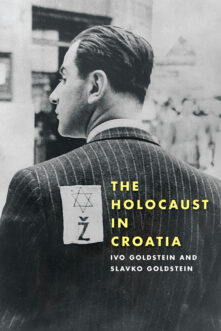Search Results
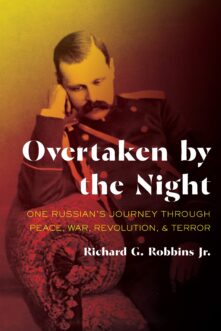
Overtaken by the Night
One Russian's Journey through Peace, War, Revolution, and Terror
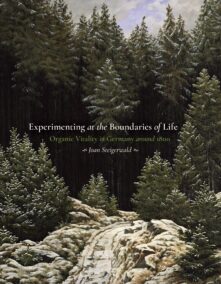
Experimenting at the Boundaries of Life
Organic Vitality in Germany around 1800
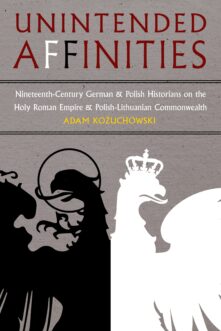
Unintended Affinities
Nineteenth-Century German and Polish Historians on the Holy Roman Empire and Polish-Lithuanian Commonwealth
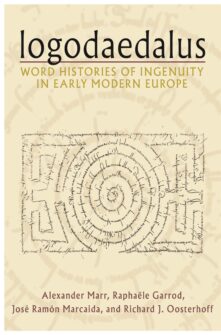
Logodaedalus
Word Histories of Ingenuity in Early Modern Europe
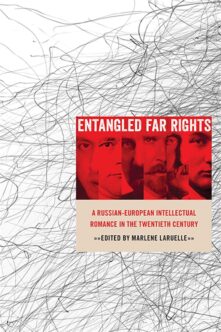
Entangled Far Rights
A Russian-European Intellectual Romance in the Twentieth Century
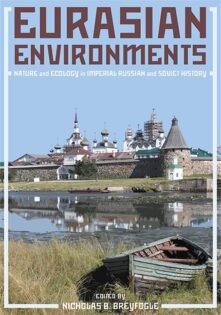
Eurasian Environments
Nature and Ecology in Imperial Russian and Soviet History
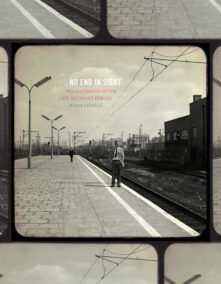
No End in Sight
Polish Cinema in the Late Socialist Period
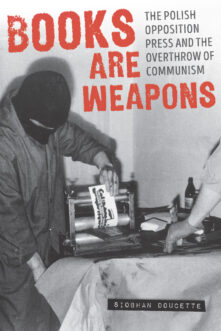
Books Are Weapons
The Polish Opposition Press and the Overthrow of Communism
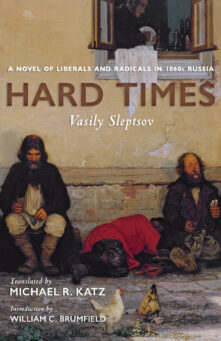
Hard Times
A Novel of Liberals and Radicals in 1860s Russia
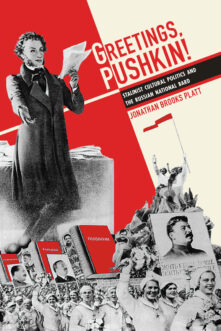
Greetings, Pushkin!
Stalinist Cultural Politics and the Russian National Bard
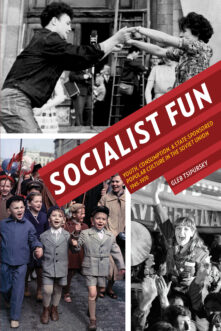
Socialist Fun
Youth, Consumption, and State-Sponsored Popular Culture in the Soviet Union, 1945–1970
Your search for "Urban Rivers : Re-making Rivers, Cities and Space in Europe and North America" returned 644 results


